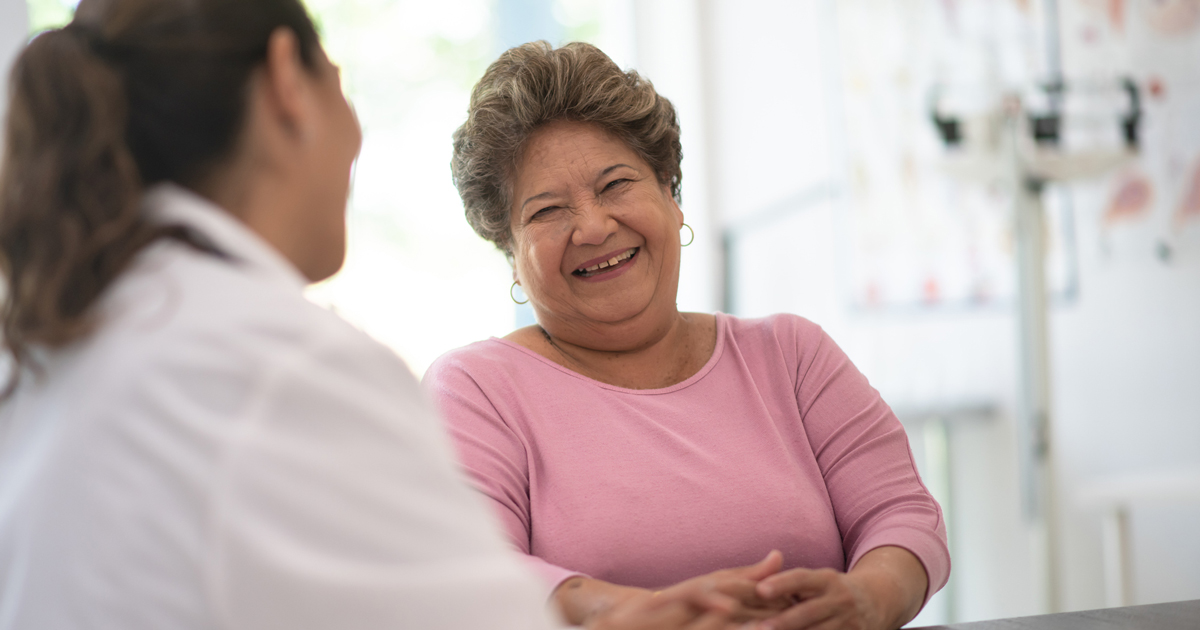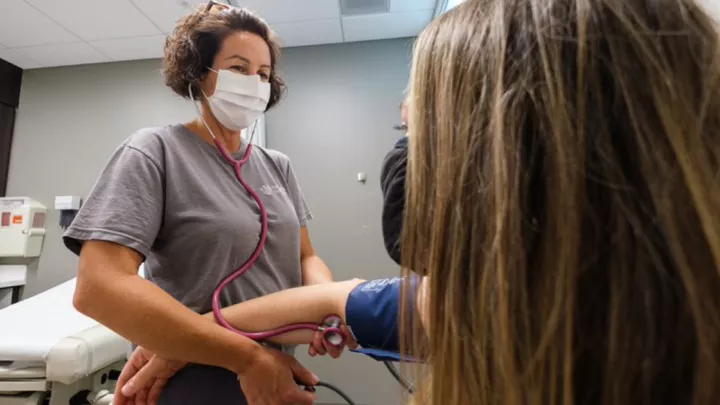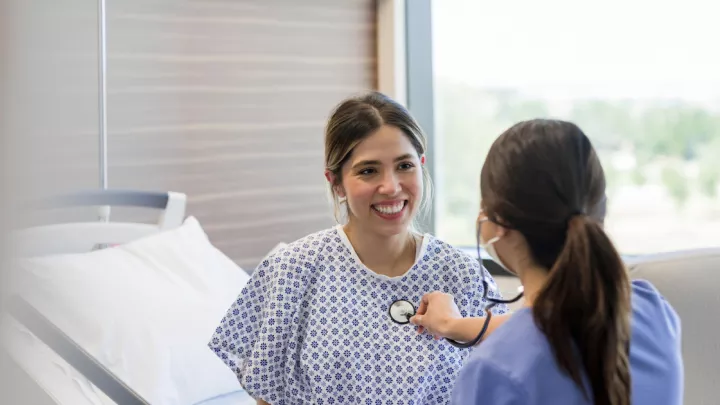6 ways to reduce your cancer risk

Fighting cancer is no small feat. Nebraska Medicine has multiple teams all working toward the same goal: to improve the health of the community and catch cancer before it gains a foothold. One of those teams is the Population Health Department, which started about three years ago.
"Our job is to focus on wellness and screenings, and to give the cancer physicians and patients a fighting chance. We have innovative drugs and treatment regimens, but early detection, when possible, is a key win in the fight against cancer," says Katherine Miller, PharmD, who is the director of population health and value-based care programs.
Primary care physician Stephen Mohring, MD, is the medical director of population health. Together, they provide tools to clinicians that make patients' lives easier and healthier.
Why screenings are so vital
By the time a cancer shows symptoms, sometimes it's too late to treat.
"A screening can have a drastic impact on your lifespan," says Dr. Mohring. "When we've caught things early, treatment is often easier and more effective. Maybe it's a simple surgery, or a short course of chemotherapy or radiation." Getting your recommended screenings on time helps doctors find anything of concern and treat it quickly.
What does Dr. Mohring say to people who aren't excited about colonoscopy prep? It's worth it. "A colonoscopy is only recommended once every 10 years, so with one relatively easy procedure you can be screened for colorectal cancer and not be scheduled back for another decade," says Dr. Mohring.
Healthy lifestyles matter, too
"It turns out that nutrition and exercise do lead to a long and healthy life and help prevent heart disease, cancer and diabetes," says Dr. Mohring. "Certainly, some cancers are passed down through families, but a healthy lifestyle goes a long way to prevent cancer. Having a good relationship with a primary care provider is vitally important."
6 ways to reduce your cancer risk
1. Get the recommended cancer screenings you're eligible for.
- Skin exams are recommended for everyone ages 19+
- Pap tests are recommended for women ages 21+
- Mammograms are recommended for women ages 40+
- Colonoscopies are recommended for everyone ages 45+
- Lung cancer screenings are recommended for smokers and former smokers
2. Prevent cervical cancer with the HPV vaccine.
3. Wear sunscreen to avoid skin cancer.
4. Maintain a healthy body weight.
5. Quit smoking.
6. Reduce or eliminate alcohol.
How to protect kids from cancer
"Cancer prevention is not just for adults," adds Dr. Mohring. "Diet and exercise are important for children, too. We have highly effective, safe HPV vaccines for kids that prevent cervical cancer. And consistent sunscreen use protects them from skin cancer."






